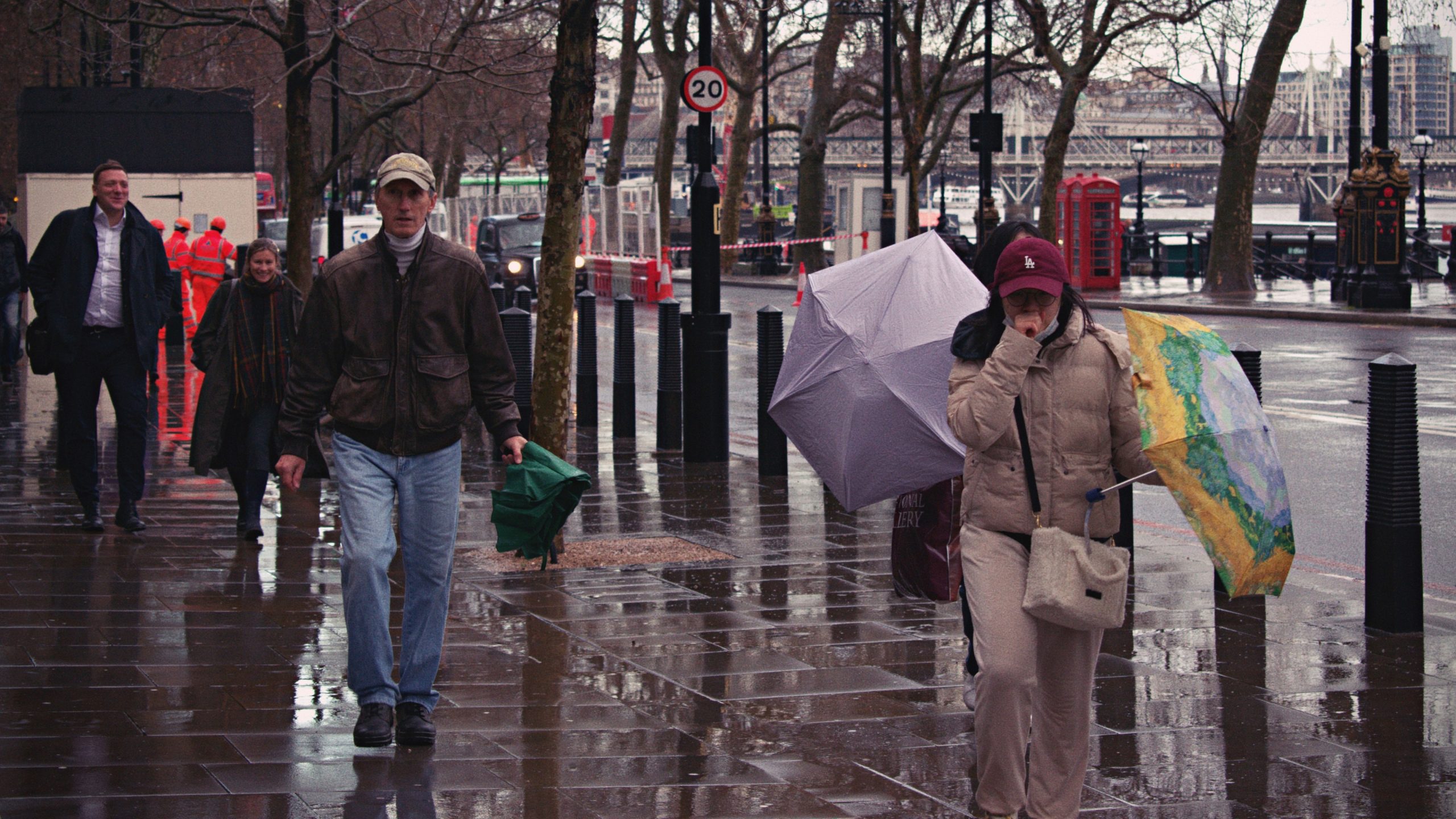Johannesburg has been crowned the least walkable city in a 2025 global study. Specifically, Compare the Market assessed 90 cities on safety, access to parks, transport costs, and more. As a result, Joburg, named least walkable, scored a mere 18.38 out of 100, highlighting its pedestrian struggles.
Safety Issues Plague Joburg’s Streets
Firstly, severe safety concerns plague Johannesburg. Its safety score of 19.17 out of 100 ranks lowest globally. High crime rates deter residents from walking, underscoring why some might say Joburg is named least walkable.
Moreover, only 8% live within a kilometer of car-free zones like parks, and just 13% are near schools or healthcare. Consequently, Joburg’s car-centric design fuels traffic and daily stress for residents.
Infrastructure Failures Deepen the Crisis
Additionally, crumbling infrastructure deepens Joburg’s walkability woes. Neglected roads and water outages frustrate locals, contributing to why Joburg is often named least walkable.
CEO Zweli Nyathi notes, “We’re handling a city over a century old.”
Outdated roads, built for 25-year lifespans, now fail. Furthermore, a R221 billion maintenance backlog and R24.4 billion in unauthorized spending make walking risky and impractical.
Joburg’s Global Ranking Context
Meanwhile, Joburg named least walkable stands out in global rankings. The US dominates the bottom ten, with Newark and Dallas close behind. In contrast, Prague, Vienna, and Tokyo thrive with safe, accessible streets.
“Cities like Prague lead by investing in walkable infrastructure,” Stephen Zeller of Compare the Market stated.
Johannesburg lags far behind these models.
Steps Toward a Walkable Future
Nevertheless, hope remains for Joburg even as it is named least walkable. Zeller emphasizes sustainable infrastructure as key.
“Walkable cities are more critical than ever,” he said.
For example, Nyathi suggests hiring more engineers and fixing budgets to restore streets. Ultimately, bold reforms can make Johannesburg safer and more pedestrian-friendly, easing life for everyday South Africans.




